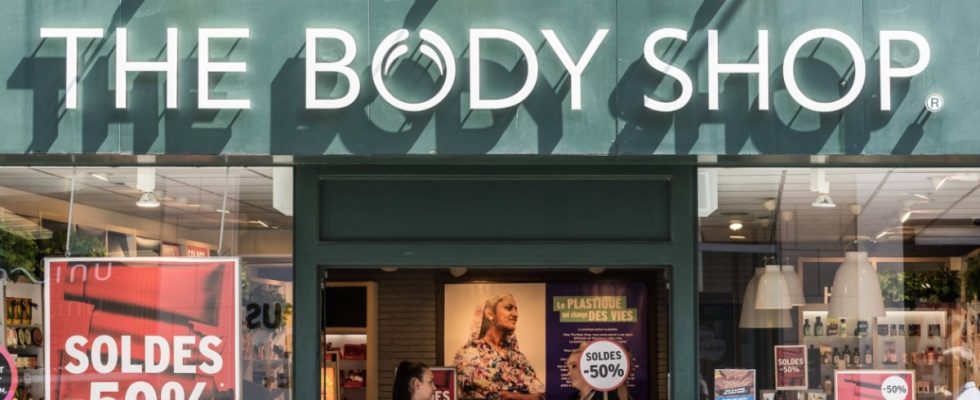When Anita Roddick opened her first shop in Brighton on England’s south coast, she was ahead of her time. In 1976, she began selling small, refillable glass bottles of cosmetic products made from natural ingredients and cruelty-free. That was not only sustainable, it was above all: new at the time. “The Body Shop” Roddick called her shop. It was the beginning of a success story in which a new chapter is now beginning.
The Body Shop is for sale. And thus more than 3000 branches worldwide. The company, which specializes in natural cosmetics, has been part of the Brazilian group Natura since 2017. The cosmetics company from São Paulo has grown enormously in recent years. But that had its price. Natura posted losses for six quarters in a row, so it’s no wonder that the group wants to become profitable again. In any case, The Body Shop would not be the first subsidiary to be sold.
Already in the spring, Natura got rid of the company Aesop, known for its body care products, to the French group L’Oréal. The world’s largest cosmetics manufacturer, which owns brands such as Lancôme and Yves Saint Laurent, continues to focus on the so-called luxury care business with the acquisition of Aesop. Quite simply because a pretty good margin can be achieved with these products.
In the case of The Body Shop, however, L’Oréal is unlikely to be interested, according to analysts. The company had already belonged to the French group before it was sold to Natura in 2017 for around one billion euros. Analysts now estimate the value of The Body Shop at a good half. The reason for the drop in value in recent years is primarily the fact that the natural cosmetics company, which was founded more than 45 years ago, has lost what is known in marketing terms as a USP. The Unique selling point is the added value of a product that sets it apart from the competition, in the best case there is a unique selling point.
That’s exactly what The Body Shop had. Long before animal and environmental protection were taken seriously in the cosmetics industry, the company sold what everyone actually wants today: sustainably and ethically manufactured products. Added to this was Anita Roddick, a founder who caused a sensation with her campaigns around the world. There was, for example, “Save the Whale,” a campaign to save whales that she started with Greenpeace in the 1980s. At the time, Roddick was campaigning to use jojoba oil as a replacement for sperm whale oil, which was then widely used in the cosmetics industry.
In retrospect, it can be said that Roddick’s strategy worked perfectly. And her message was well received: As a customer of The Body Shop, you don’t buy just any face cream, you buy one that can also calm your own ecological conscience, if you have one. The only thing is: For many, it now works quite well at dm or Rossmann.
In her native United Kingdom, Roddick became the title for her services in 2003 Dame Commander of the Order of the British Empire awarded. The year before, she and her husband had stepped down as co-bosses of The Body Shop. However, Roddick could not let go completely, she remained connected to the company as a consultant. When she decided to sell The Body Shop to L’Oréal in 2006, she faced some criticism. She of all people, who had always castigated the greed for profit of others, passed her company on to the largest cosmetics company in the world. A year later Roddick died. Your business idea lives on.

